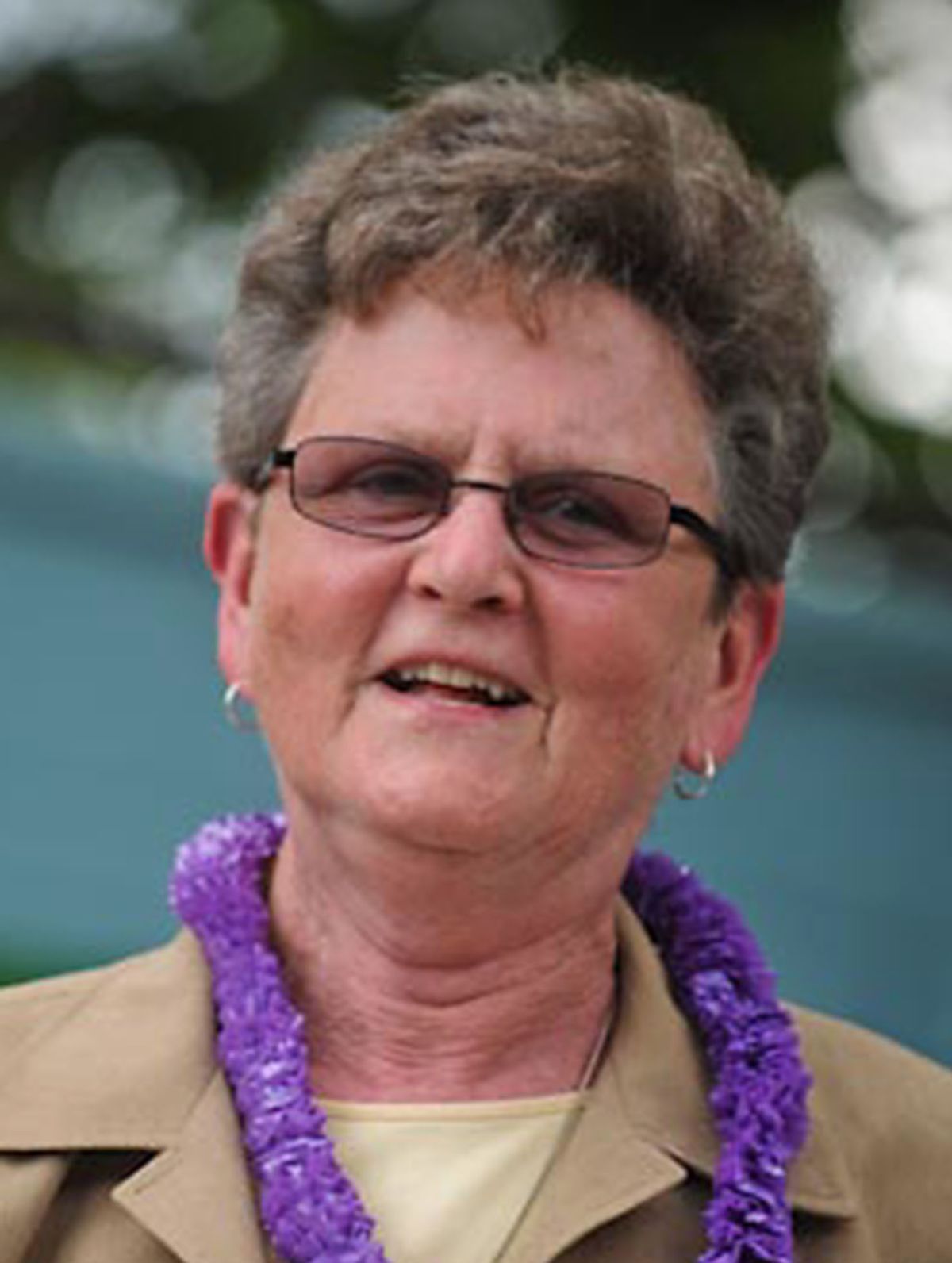Gonzaga to award $1 million Opus Prize for humanitarian work

Gonzaga University will hand out a $1 million gift in October on behalf of a foundation that recognizes faith-based humanitarian work.
The Opus Prize Foundation partners with Catholic universities to recognize people and organizations doing “very difficult work in very difficult places,” said Michael Herzog, an English professor and chief of staff for Gonzaga President Thayne McCulloh. Gonzaga staff, faculty and students, with the help of contacts all over the world, have spent more than a year identifying nominees, then narrowing the list to three finalists.
The finalists announced Wednesday are:
• Sister Teresa Fitzgerald, who directs Hour Children in Queens, New York. The nonprofit offers services including housing, education, day care and job training for women who are in jail or have recently been released.
• Gollapalli Israel, a Baptist minister who leads the Janodayam Social Education Centre in Chennai, India, and provides education and human rights services to members of the Dalit caste – often called “untouchables.”
• Rev. Joe Maier, a priest born in Longview, Washington, who co-founded the Human Development Foundation Mercy Centre in Bangkok’s largest slum. The organization manages kindergartens serving more than 3,000 children and operates special schools for street children.
The prize winner will be announced in a ceremony and reception at the Martin Woldson Theater at the Fox on Oct. 16.
This is the 11th year the Opus Prize Foundation will award a $1 million grant, said Don Neureuther, executive director of the South Dakota-based nonprofit. Before that, the foundation gave multiple smaller gifts.
With about $30 million in assets, the foundation was established by the Rauenhorst family of Minneapolis. Gerald Rauenhorst founded the Opus Group of companies, which specialize in commercial real estate development, construction and design.
The foundation works with a different Catholic university each year to choose a recipient for the Opus Prize.
Herzog said the foundation is “very hands-off” about how each university does that. GU worked through its contacts around the world to gather the names of nominees, then asked jurors to narrow that list to three finalists. A group of students, faculty and staff visited each of the three finalists to choose a winner.
The two other finalists each will receive $100,000.
Herzog said Gonzaga is incorporating the awarding of the prize into its educational programs.
“It’s all about inspiring students,” he said. “We do a lot at Gonzaga with service learning and social justice. It’s really easy for us to send kids to a soup kitchen. It’s hard to teach how to start an NGO (non-governmental organization) in Chennai, India.”